To gear up for the SAFRA Bay Run and Army Half Marathonon 31 August, Singapore’s 2013 South East Asia (SEA) Games Gold Medallist, Mok Ying Ren shared a few running tips with members of the running club, Running Department – during a group training run at East Coast Park on National Day, this year.
Mok’s tips came in the form of a Question & Answer (Q&A) session with the participants.
Here are the highlights of the Q&A session with the 26-year-old Captain (Doctor) in the Army.
How would you recommend training for a 21km race such as the upcoming SAFRA Bay Run and Army Half Marathon?
For a longer race, such as a half marathon, some of us forget that we need to do faster runs as well. By doing faster 5km and 10km pace training, it will help you to feel that the half marathon pace is easier and you will also last longer.
On my easy runs, I do striding too. I also do 100m sprints and jog back and then do 100m sprints again. I would do this about four to five times. This will help with your neuromuscular development as well.
What tips do you have in order to run a good race on the day itself?
For race day, go at your decided race pace at the start. Do not run too fast and do not get too excited and carried away and then hopefully you will finish stronger. It is much better to pass people at the end, rather than dying slowly as the race wears on.
Even I sometimes make the mistake of running too fast at the start, so try and hold yourself back. That will make the race more enjoyable. That’s the best tip that I can give you.
What should be your eating strategy on the morning of the race?
In the morning, eat two hours before the race and have something simple such as cereals. I normally eat something light such as cereals and milk – something that can fill your stomach but does not leave you feeling bloated.
As well, once you wake up in the morning, the body’s glycogen is used up when you are sleeping, so I also take a gel just after I wake up, before I would eat my breakfast. Try that before a race to see if it works for you too.
How about your race hydration strategy?
During the race, make sure you start drinking right at the start. If you are carrying gels, you should also start taking them early, that is, beginning one hour before the race starts.
How important is pacing when it comes to training and races?
I think that pacing is the most important thing about running. You should be doing all your long training runs at race pace – in order to run a good race.
What is the best way to train to run faster?
I think that doing runs at the 5km and 10km race pace will help a lot in terms of improving speed.
But try not to do too much too soon. After one session, you may feel great, due to the post-workout adrenaline pumping through you. So because of this, you may feel as though you want to do this workout twice or even three times a week instead of the once a week that you should be doing. But doing the workout two or three times a week, may be getting carried away – and you may get injured as a result.
After my medical officer course in the army, I got overzealous about training so now I have a shin injury as a result. But now I am trying to pick it up slowly again by doing a lot of cross training such as stationary cycling and using the elliptical machine.
Initially, you should control yourself especially for running and you should not get too carried away with your training programme. A lot of us are not patient and we think that a bit is good and more is better so we tend to do more. I recommend you to hold back and eventually, over a long period, if you are not injured, you can improve much more and eventually run faster.
Why do runners sometimes break up long runs into segments?
Because during the race, such as after a water point, you may want to catch up with your pace group. Sometimes, you can also speed up or slow down during certain portions of the race, if you split it up into segments.
It also breaks up the monotony of it all, rather than running in a continuous long run.
Sometimes during my own long runs, I will try to throw in some other pacing efforts, for example, for a few minutes, I speed up during one segment and then I would slow down during another segment of my run – instead of running at a constant pace. It is better for the mind as well.
During training, do you try to train fat burning in terms of watching carbohydrate intake before long runs?
I do my morning runs lasting about half an hour or 45 minutes. I do not eat breakfast before the run. I only eat my breakfast after the run. During the afternoon sessions though, you will want to make sure that you are well replenished in terms of carbohydrate intake. For my usual long runs, I do not really take gels also, so that may help. On race day though, I prepare the gels.
How many times do you eat per day?
I eat about five or six times. I have breakfast in the morning, and then mid-morning I may feel hungry at work so I’ll eat something. Then I’ll have lunch and then before training, I will eat something again, such as a snack bar or nuts. Then after that, I’ll have my evening training session and then have dinner after that.
But the elite sportsmen actually eats about seven times a day though – beginning with their pre-training morning meal, then breakfast and stuff like that.
How often do you actually take gels during a race?
I would eat an energy gel every 45 minutes to one hour.
Other Blog Posts
Mok Wins Sea Games Marathon Gold
Mok Ying Ren vs Russell Ericksen on Nutrition

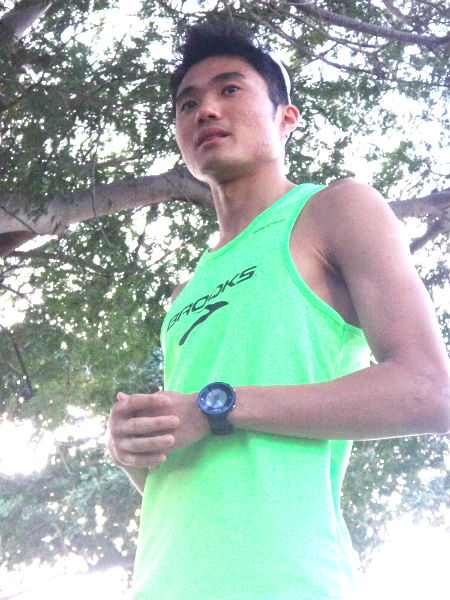
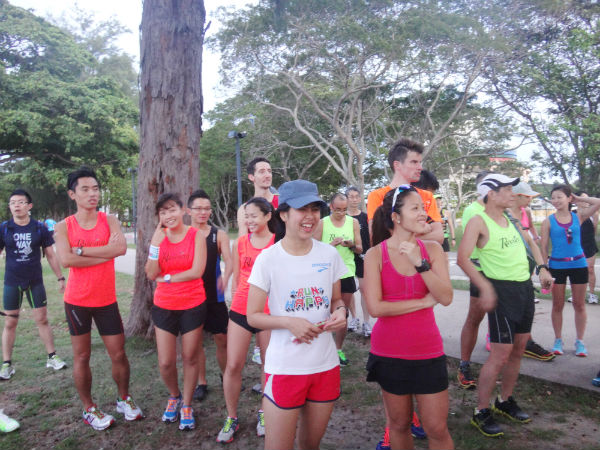
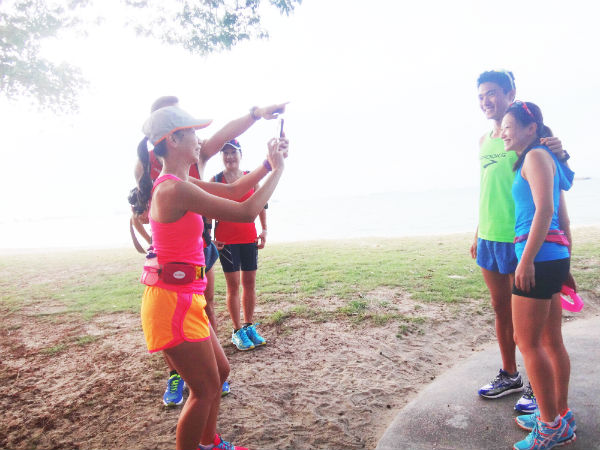
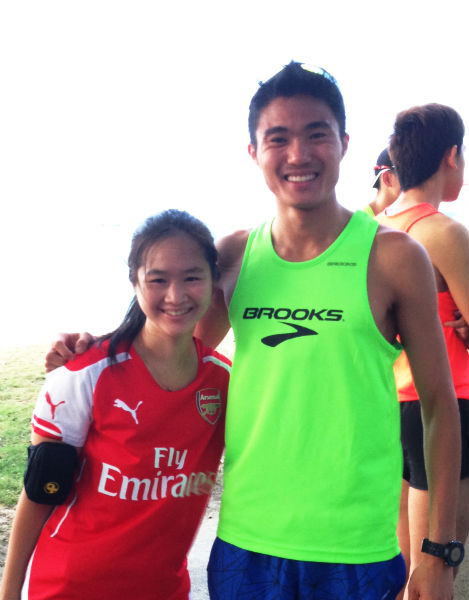
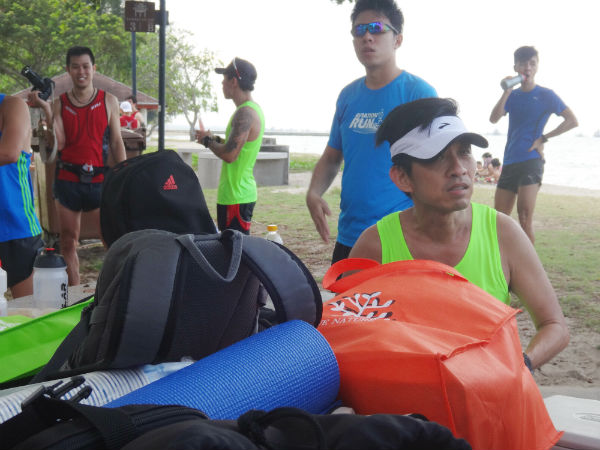
Leave a Comment